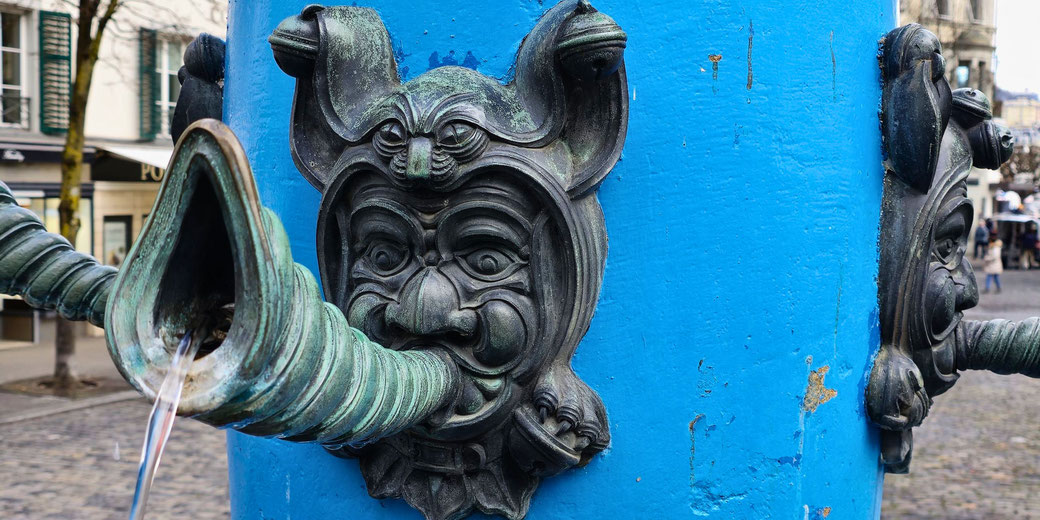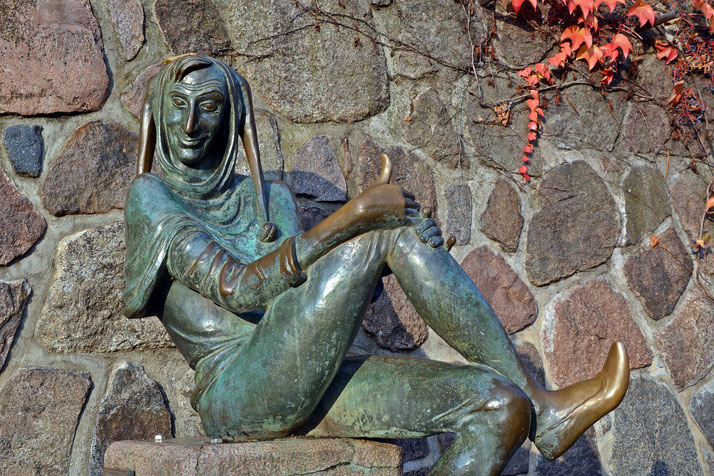The history of April Fools' Day: 5 things you didn't know

It is that time of year again: the day when practical jokes and playful pranks are accepted and encouraged. Yes, we are talking about April Fools' Day: the celebration observed around the world for centuries.
But do you know the real origins of this playful occasion?
Here we will explore some interesting and lesser-known facts about how April Fools' Day began, which include some of the most famous hoaxes and pranks that have taken place over time.
Prepare to be surprised and entertained: this is what really happened on the 1st of April.
1. The exact origins of April Fools' Day are unknown
Historians have not yet been able to identify the precise beginnings of April Fools' Day.
That does not mean that we don't have a few ideas, as there are several stories and explanations about its history.
It just means that none have been definitively verified.
One popular idea suggests that April Fools' Day goes back to ancient Rome and a festival that was called Hilaria.
It was a religious festival linked to the Cybele cult where people welcomed the arrival of spring with laughter and joy.
During this festival people reportedly disguised themselves and played pranks on one another.
Another idea connects the celebration to the vernal equinox: the date that marks the start of spring in the Northern Hemisphere.
The potentially confusing shift from winter to spring appeared to spark the idea of a day when people played jokes on each other.
Although these two ideas are appealing there is no solid proof to tie them to how we celebrate today.
2. May be linked to the Gregorian calendar
Another common explanation for the start of April Fools' Day links the celebration to the adoption of the Gregorian calendar by many European countries in the late 16th century.
Before the new system, people used the Julian calendar. In England that calendar placed New Year’s Day on March 25th, which was known as Lady Day.
When the Gregorian calendar arrived in 1582, New Year’s Day moved to January 1st.
Not all countries adopted the new calendar at the same time and some people continued to observe New Year’s Day on the old date.
England for instance did not change until 1752.
In this version, the 1st of April which fell exactly a week after Lady Day became an opportunity to mock those who stuck with the old date.
They became the target of practical jokes by those who had switched to the new calendar.
According to some accounts they were sent on pointless errands or invited to events that did not exist.
The earliest known mention of something like April Fools' Day appears in a 1561 poem by Flemish writer Eduard de Dene.
In that poem a nobleman sends his servant on absurd tasks on the 1st of April calling it a 'day of foolishness.'
3. It is celebrated differently around the world
April Fools' Day sometimes called All Fools' Day has been celebrated in different ways worldwide.
In Scotland the celebration lasts for two days. The first day is called Gowk Day and involves sending people on pointless searches.
The second day is called Taily Day and involves pranks aimed at the backside such as pinning 'kick me' signs on people or attaching fake tails to their clothing.
In France, April Fools' Day is called poisson d'avril, which means 'April fish'. The tradition involves pranks aimed at people’s backs, which involve sticking paper fish without their knowledge or attaching them to doors.
In Brazil the day is known as Dia da Mentira, which means Day of Lies. There people and media outlets publish fake stories and play pranks on others.

4. It has been the subject of many famous hoaxes
April Fools' Day has even inspired some of the most famous hoaxes in history.
The first recorded prank happened on the 1st of April 1698. Several people were invited to the Tower of London to watch a Washing of the Lions that never occurred.
A report in the 2nd of April edition of Dawks’ News-Letter noted that several visitors had been fooled by the invitation.
An enduring prank repeated through the 18th and 19th centuries often used printed tickets that instructed entry through a non-existent White Gate.
One famous example was the BBC’s 1957 news report on the Swiss spaghetti harvest.
The segment showed people harvesting spaghetti from trees then it suggested viewers grow their own spaghetti trees.
Many people believed the report and contacted the BBC for details.
Another well-known hoax was the 1976 announcement by British astronomer Patrick Moore that a rare celestial event would occur at 9:47 am.
He claimed it would create a special gravitational alignment that would temporarily reduce Earth’s gravity.
Moore told viewers to jump at the exact moment to experience weightlessness.
A surprising number of people phoned in to say they had felt the effect.
Fortunately, no injuries were reported and it was soon revealed as a prank.
In 1989 Richard Branson staged a memorable prank with a hot air balloon shaped like a UFO.
He planned to land it in Hyde Park, London to promote his new airline.
However the balloon drifted off course and landed in Surrey.
The unexpected landing alarmed motorists on the M25 leading some to call the police with reports of an alien spacecraft.
In 1996 Taco Bell announced it had bought the Liberty Bell and intended to rename it the Taco Liberty Bell.
Many Americans were outraged believing the historic bell had been sold.
The stunt was later revealed as a publicity move but not before it stirred considerable resentment.
Google has also taken part in April Fools' Day tricks, which include its 2007 announcement of Google TiSP.
A quirky innovation named Google TiSP claimed to provide free wireless internet via a toilet.
5. Apple was founded on April Fools' Day
In 1976 Apple Computer was founded by Steve Jobs and Steve Wozniak on the 1st of April.
The two young entrepreneurs started the company in Jobs’ garage in Cupertino, California with the aim of building innovative and user-friendly computer technology.
Interestingly, the date was unintentional. Jobs later said they did not realise it was April Fools' Day until after forming the company.
Still, some have suggested the date hinted at the playful and inventive culture that would define Apple.

As you can see April Fools' Day has a strange but compelling history.
A 2020 survey by Statista found that 54% of Americans had participated in an April Fools' Day prank while 25% said they had been a prank victim.
From light-hearted humour to political satire April Fools' Day offers something for everyone.
Further reading
What do you need help with?
Download ready-to-use digital learning resources
Copyright © History Skills 2014-2025.
Contact via email
With the exception of links to external sites, some historical sources and extracts from specific publications, all content on this website is copyrighted by History Skills. This content may not be copied, republished or redistributed without written permission from the website creator. Please use the Contact page to obtain relevant permission.





